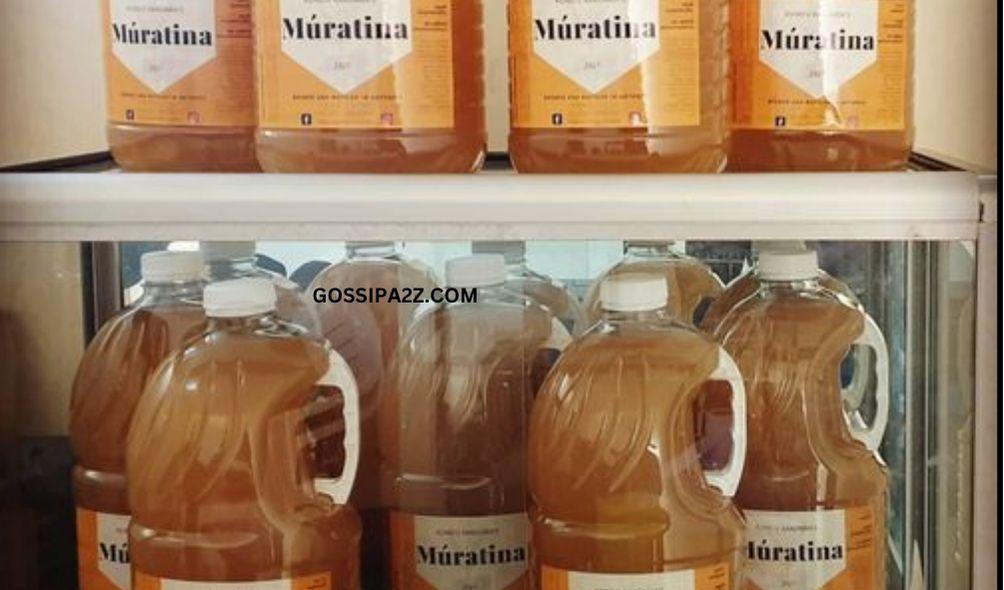Mixed Reactions as Court Approves Muratina Consumption
The High Court in Kiambu has granted legal status to muratina, allowing the Agikuyu community to freely enjoy the traditional alcoholic beverage.
In a historic ruling delivered by Justice Abigail Mshila on Friday, February 23, the Court concluded that the inclusion of muratina in the Agikuyu cultural practices is not forbidden by any legal statutes.
Therefore, Muratina, named after a unique fruit, is not an illegal alcoholic beverage.
The judge pointed to the Alcoholic Drinks Control Act of 2010, contending that it exclusively governs alcoholic beverages and does not forbid traditional drinks. Specifically, the legislation does not categorize muratina as an illegal brew.
Therefore, Justice Mshila asserted that the Agikuyu community had the freedom to make and enjoy alcoholic beverages as an integral aspect of their cultural heritage.
“A declaration be and is hereby made that muratina is not an illicit brew and the Agikuyu people are at liberty to prepare and consume it as part of their culture and tradition,” Justice Mshila stated after finding that the petition by Ndeiya Traditional Brewers had merit.
Muratina holds a significant place in the Agikuyu community as a traditional beverage, commonly enjoyed during various occasions such as birthdays, initiations, weddings, and more. Its unique fruity taste is highly esteemed.
On June 26, 2023, Ndeiya Brewers submitted a petition requesting the legal condemnation of police officers alleged to have infringed upon the rights of the Kikuyu Council of Elders. The elders had been apprehended for the production of traditional brew.
ALSO READ:
- Raila Claims South Sudan Denied Him Access to Arrested VP Riek Machar, Told to Visit Museveni
- Gachagua Takes General Kahariri Head-on After Warning Kenyans on ‘Ruto Must Go’ Chants
- Compensation and Benefits for Families of Fallen Police Officers and Servicemen
- Cursed Money! Gachagua Warns Mt Kenya as Ruto Plans Cash Blitz—”Eat It, Don’t Take It Home”
- A new level of conscious gambling: 1xBet launches a special project dedicated to responsible betting
Additionally, Ndeiya Brewers expressed strong disapproval of law enforcement officers for conducting home raids and seizing assets belonging to the Kikuyu Community as part of efforts to combat illegal alcohol production.
“The officers were wrong in treating muratina as an illicit brew. Actions taken by the police against the petitioners for the sole reason that they are brewing muratina lack legal basis and hence unconstitutional,” Justice Mshila ruled.
“Unless the officers enforce specific provisions of the Alcoholic Drinks Control Act or any other law, they cannot raid homes, confiscate property, and prefer unfounded charges against authorized muratina brewers. Those actions violate the cultural rights of the Agikuyu people.”
When guiding the regulation of the beverage, the Judge declared that the responsibility for overseeing the preparation and consumption of the drink should be retained by the Council of Elders.
“The Kiama Kia Ma with the assistance of the local Chiefs continue regulating the preparation and consumption of muratina without prejudice to existing laws,” she ruled.
The response to her decision has sparked varied opinions in different sectors, as some stakeholders wonder if it might set a precedent, prompting other communities to pursue the legalization of their traditional beverages.
Mixed Reactions as Court Approves Muratina Consumption
